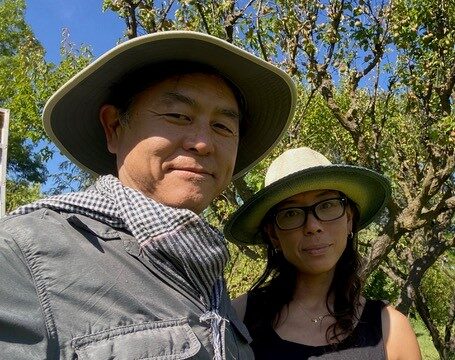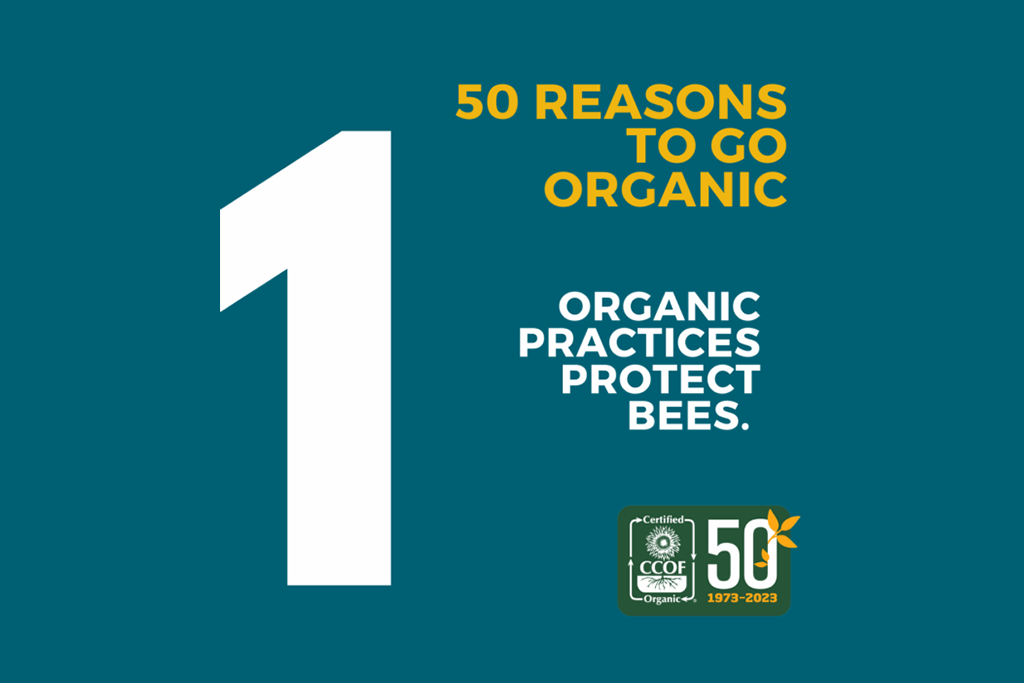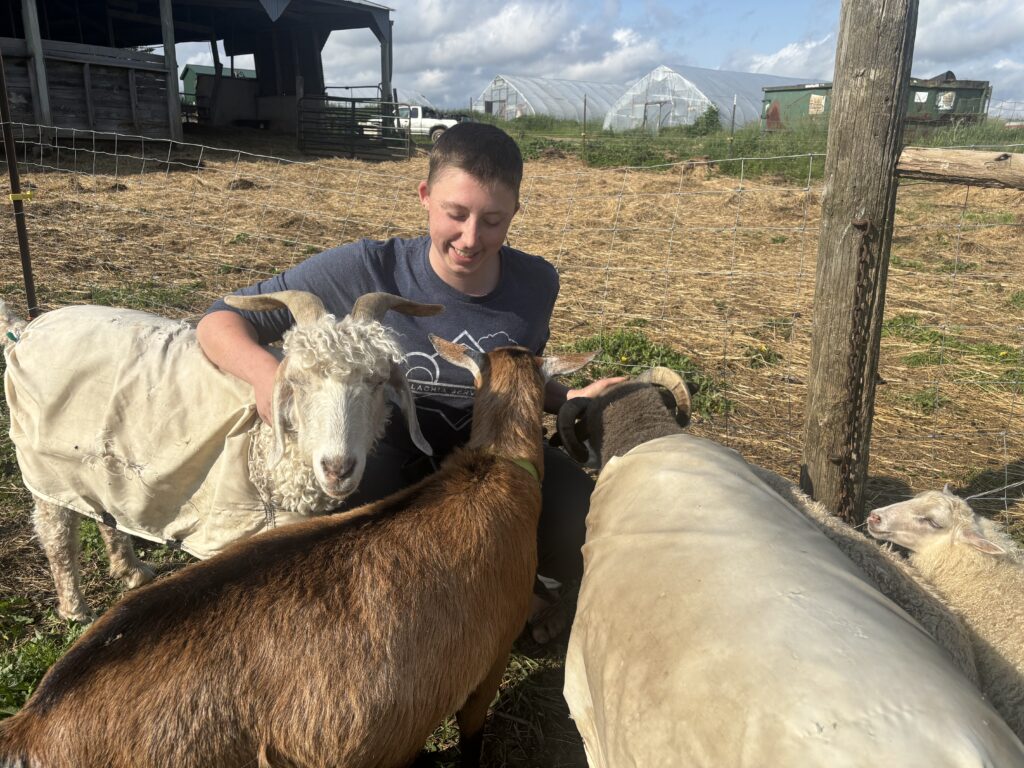Ronald Sakamoto is a CCOF Foundation Organic Transition Grantee.
Ronald Sakamoto has a long family history of farming. His family farm estate dates back to the 8th century in Yamanashi prefecture, Japan. When his mother’s family immigrated to California in 1956, they secured employment as farm workers in the Central Valley.
“Growing up in California, I was exposed early on to the agricultural industry and culture, spending many hot summers in Bakersfield on my family friends’ almond orchard,” Sakamoto recalls. “As a child, I remember visiting the family farm in Japan, which also had a strong influence on me. It seems like a cumulative life and work experience that has helped prepare me to take on all the blessings and challenges associated with owning and operating a small farm.”
From Business to Farming
In his early adult years, Sakamoto lived and worked in Colorado as a business partner in the natural foods industry. He also gained valuable experience living and working at the Four Winds Foundation in rural Hotchkiss, CO, on a small organic farm where he grew vegetables and tended to an organic apple orchard. He now owns and operates Mume Farm in Orland, CA with his wife Kiyo, purchased in 2017.
“We wanted to continue the legacy of this small farm Kazuko and her late husband Junsei founded, tending to the orchard of a Japanese stone fruit varietal called Ume (Prunus mume), with many trees planted by seed. Most important was our promise to Kazuko by continuing the unique age-old Japanese tradition and process of Umeboshi making at the farm,” Sakamoto says. “We heard the calling to leave the bustling Bay Area and seek a more rural lifestyle together. Today, we are grateful for having taken the risks despite all the challenges.”
Reconnecting with Heritage and Purpose
“Becoming a farmer has also helped reconnect me to my Japanese cultural heritage and go deeper into my roots and the Japanese American experience,” he says. “We had family friends who were incarcerated as children during WWII. For me, farming has also become a reconciliatory act. It was part of my ‘American Dream’ to become a farmer, to own land, and to live a life closer in harmony with the natural world and its cycles.”
By transitioning land to organic, Sakamoto hopes that Mume Farm can become a role model as a self-sustainable, certified organic small farm. “Small farms, and more specifically, organically certified small farms, are endangered in the face of massive, industrial agricultural operations throughout California today,” he says.
Living in Harmony with the Land
Sakamoto and his wife strive for a simple lifestyle in harmony with the seasonal cycles of their ume fruit cultivation. They practice a plant-based diet and prioritize locally grown organic foods. As part of the Agricultural Institute of Marin community, they offer their products at local Bay Area farmers markets and seasonal festivals.
“There’s an ever-increasing demand for certified organic food products, so it’s a natural progression for Mume Farm to become certified organic,” Sakamoto says. “We believe CCOF is one of the most trusted and reputable organic certifications in the world. Getting certified organic by CCOF would be a major step for Mume Farm to practice better sustainable farming practices, have better infrastructure, and cultivate a supportive community.”
Supporting Organic Transition
The CCOF Foundation is proud to support producers like Ronald Sakamoto with the Organic Transition grant, which provides three-year grants of $10,000 per year to farmers transitioning their land to organic production. Grantees receive multi-year funding, peer-to-peer support, and technical assistance with agronomy, business, financial literacy, marketing, and market development.



